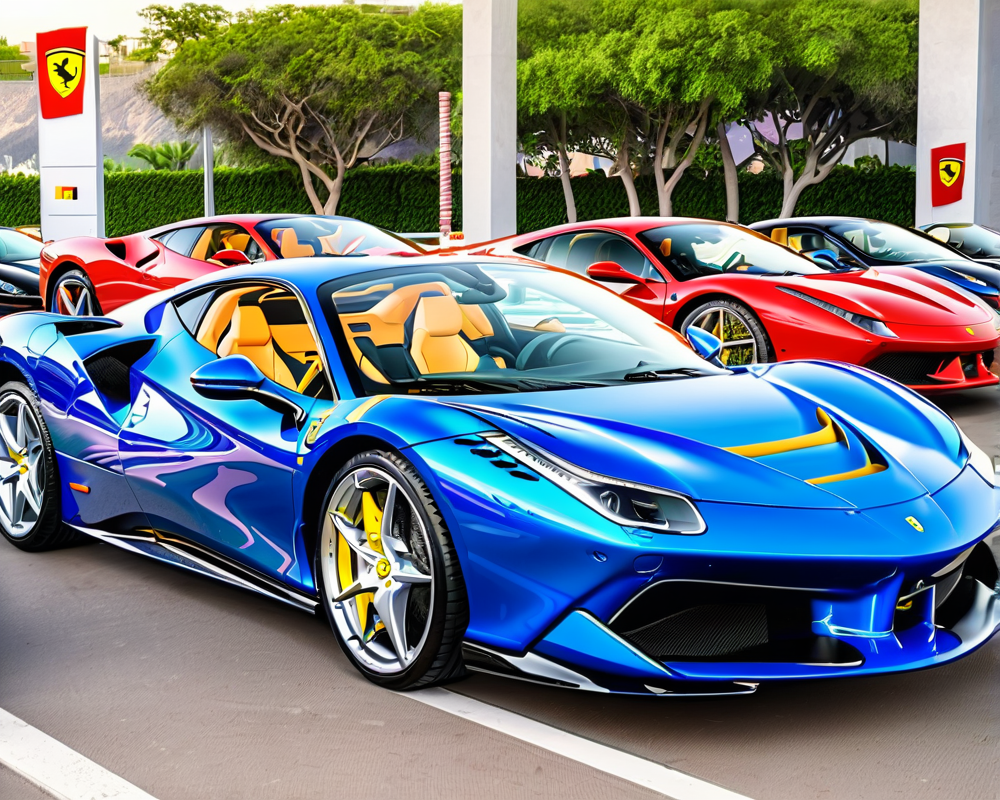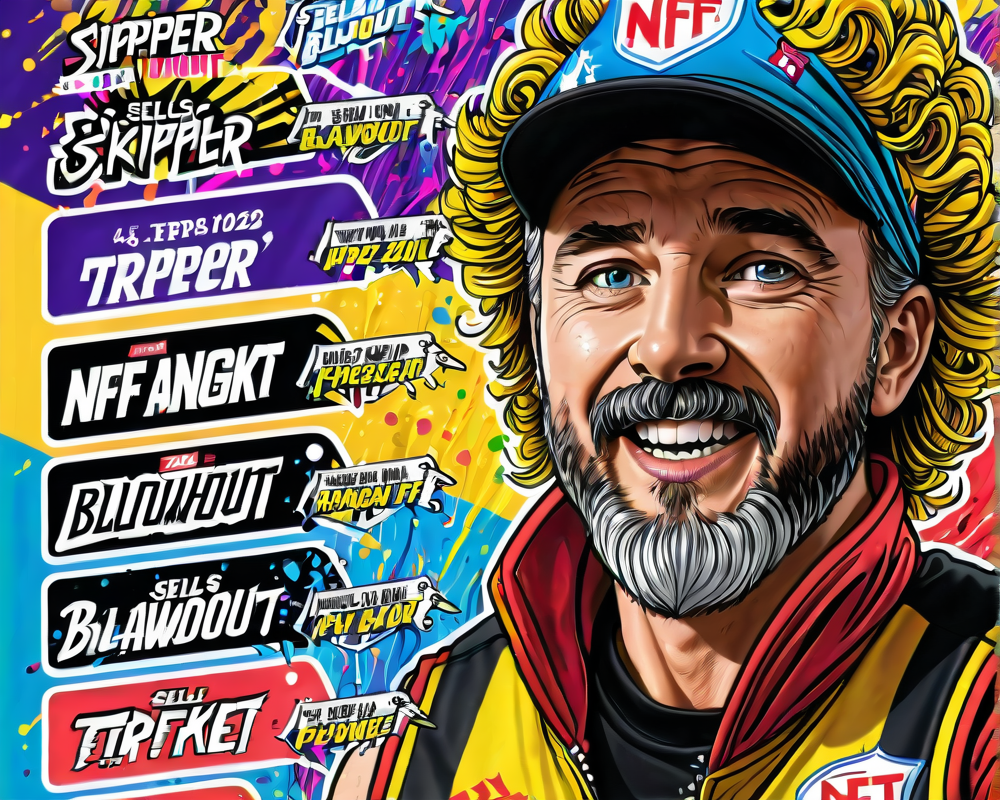The Digital Revolution in Sports
The golden age of sports isn’t just about touchdowns and three-pointers anymore; it’s morphing into a digital phenomenon. The multi-billion-dollar sports industry is diving headfirst into the tech pool, with Web3 technologies making waves that could change how fans interact with their favorite leagues. Deloitte’s “2022 Sports Industry Outlook” gives us a peek into the future, predicting an exciting amalgamation of our physical sports world with the expansive digital realm.
Fan Engagement: A New Game Plan
Let’s face it: sports fans today crave more than just a seat at the game. According to the “Stats Perform 2021 Fan Engagement” report, they’re looking to become part of the action, wanting to feel as if they *are* the action. Fan engagement is no longer just a buzzword but an essential strategy that fuels everything from sponsorship revenue to merchandise sales. It’s about taking the relationship between leagues and fans from a casual acquaintance to … let’s say, a committed long-term partnership.
Direct Relationships through Blockchain
Enter Eyal Donath Zafir, an investor and crypto guru who believes Web3 could be a serious game changer. Imagine a realm where fans wield real ownership of their favorite teams via decentralized systems. This setup goes beyond basic team swag; we’re talking about participation in revenue sharing, intellectual property rights, and even voting on various league matters. It’s like turning fans into stakeholders, minus the awkward boardroom meetings.
The Perks of DAOs
While many concepts are still dipping their toes in the pool, a few leagues have taken the plunge into the waters of decentralized autonomous organizations (DAOs). Karate Combat, anyone? The league has announced a transition where fans and athletes rule the roost, moving away from traditional ownership models. Rob Bryan, their founder, proudly states, “Token holders will have the most control over the direction of the league from here.” The notion of sports teams being run by fans who hold the league’s token is a pretty enticing idea—like turning the neighborhood book club into a decision-making committee for a championship game.
The Metaverse: Where Fandom Lives
Your fandom isn’t just a hobby anymore; it’s a lifestyle, especially when it enters the Metaverse. Dirk Lueth, co-founder of Upland, notes that sports leagues are scrambling to engage young fans who live and breathe in virtual spaces. Partnering with FIFA to create gamified experiences, Upland is making fans do everything from customizing their own virtual jerseys to ‘wearing’ their team colors as digital avatars. Forget about attending a game; why not experience it in a virtual stadium where you can grab a digital hotdog?
The Roadblocks Ahead
Despite all the shiny tech and glowing possibilities, stumbling blocks still exist. Creating a user-friendly platform that doesn’t scare away the so-called “Web2 grandmas” is paramount, and Zafir points out that adoption hinges on real-world utility. Furthermore, with the legal landscape of crypto constantly shifting like a game of Whac-A-Mole, sports leagues need to tread carefully when adopting tokens and DAOs, lest they find themselves embroiled in regulatory nightmares. After all, nobody wants their beloved league to become a cautionary tale.




